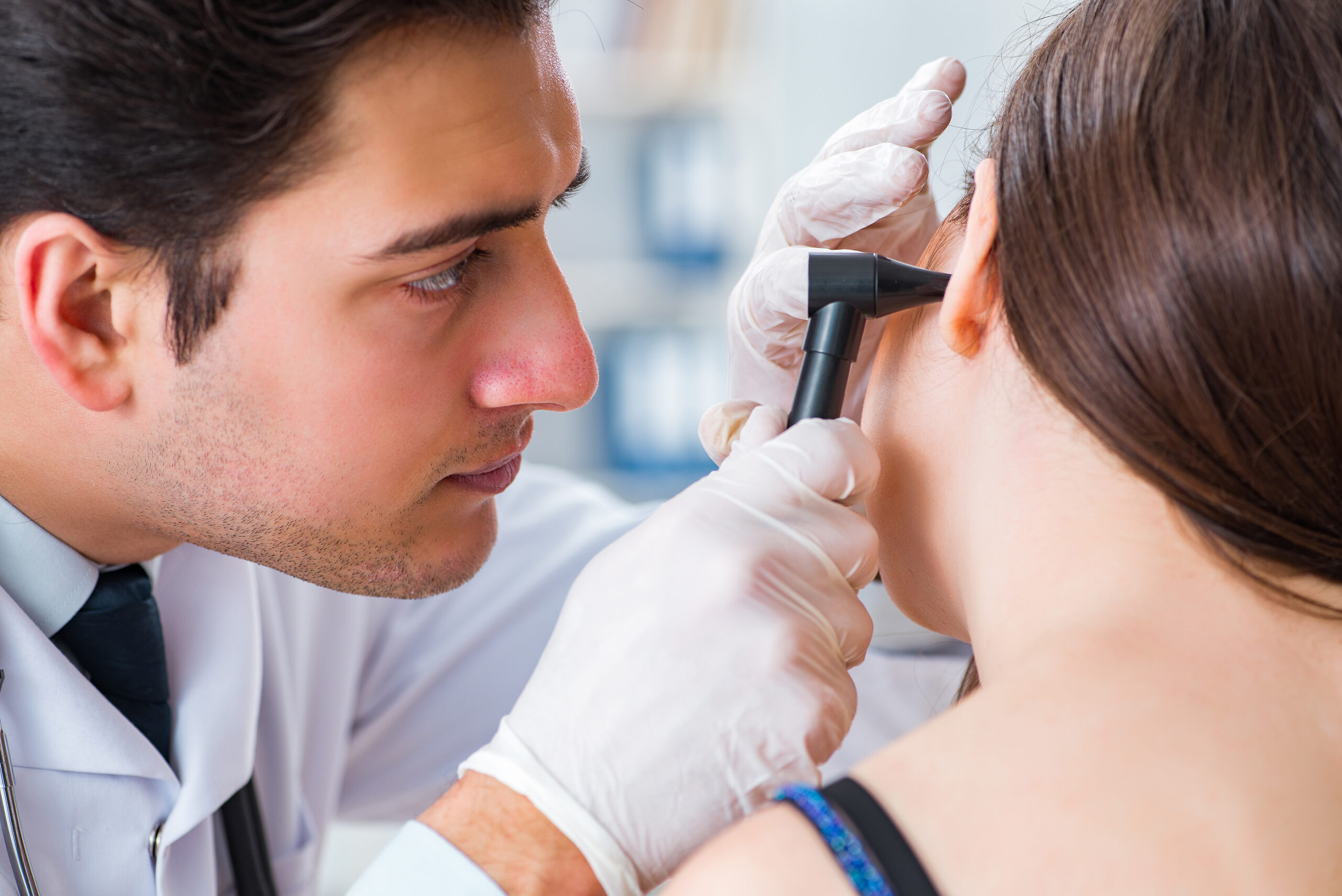
Studies show that people with diabetes can be more than twice as likely to experience hearing loss. This November is American Diabetes Month and a great way to participate and prioritize your health is by scheduling a hearing test!
Scope of Diabetes
Nearly 1 in 10 people live with diabetes, making this disease a common health issue people navigate today. The following statistics from the Centers for Disease Control and Prevention (CDC) highlight the scope of diabetes in the United States:
38 million people have diabetes.
1.5 million people are diagnosed with diabetes annually.
1 in 5 people who have diabetes don’t know they have it.
Over a third of adults (96 million) are prediabetic and 8 out of 10 aren’t aware of it.
These statistics highlight how pervasive diabetes is. Diabetes can affect health in numerous ways including increasing health risks like the risk of developing hearing loss.
Link Between Diabetes & Hearing Loss
Research shows that diabetes is a risk factor for hearing loss. Several major studies investigate this link and highlight a significant correlation. This includes the following studies:
Study by the National Institutes of Health: in this groundbreaking study, researchers assessed the hearing health and diabetes among 11,405 people. Participants included adults with and without diabetes. Key findings include that among adults with diabetes:
21% experienced a mild or greater hearing loss of low or mid-frequency sounds compared to 9% of adults without diabetes.
54% experienced a mild or greater hearing loss of high-frequency sounds compared to 32% of adults without diabetes.
Adults with prediabetes had a 30% higher rate of hearing loss
These findings highlight that people with diabetes were more than twice as likely to
experience hearing loss of low or mid-frequency sounds.
Study Published in the Journal of Clinical Endocrinology & Metabolism: Researchers conducted a meta-analysis on studies that involved diabetes and hearing loss. This included analyzing results from 13 studies that involved more than 20,000 participants. Researchers found that people with diabetes were more likely to have hearing loss compared to people without diabetes.
These studies highlight a correlation between diabetes and hearing loss. Further research is needed to identify how exactly diabetes can cause hearing loss but what is known is that there is definitely a link.
Impact of Diabetes on Hearing Health
Experts suggest that the correlation between diabetes and hearing loss may be caused by excess high blood glucose levels. Diabetes involves a lack of insulin production (Type 1) or insulin not being used properly (Type 2). This results in glucose remaining in the bloodstream and this accumulation can damage blood vessels and nerves in the body including the inner ear which is where the auditory system – the sensory system for hearing – is located.
Damaged blood vessels in the inner ear can restrict blood flow and damage the sensory cells in the cochlea. The cochlea contains thousands of sensory cells that play a crucial role in how sound is processed. These cells convert incoming soundwaves into electrical signals which get carried to the brain. The brain continues processing these signals, assigning meaning to them which is how we are able to understand what we hear. Damaged blood vessels can weaken these cells, preventing them from effectively processing soundwaves. This can result in the brain receiving less auditory information which produces hearing loss.
Tips to Protect Hearing Health
This November is a great invitation to prioritize your hearing health. There are effective ways you can do this including:
Protoize care for diabetes: it is important to know your target blood sugar levels so you don’t exceed them. Additionally, be sure to keep your cholesterol low (cholesterol can clog blood vessels) as well as your blood pressure. Talk to your doctor about what your ideal numbers are and ways you can meet and not surpass those numbers.
Get hearing tested regularly: hearing tests are painless and are the best way to track your hearing health. This allows you to identify any changes you may experience and intervene early.
Increase physical activity: this can be as simple as taking a daily walk which promotes blood flow and is great for the body’s systems including the auditory system.
A great first step you can take to prioritize your hearing health this November is by getting your hearing tested. Contact us to schedule an appointment for a hearing consultation!
